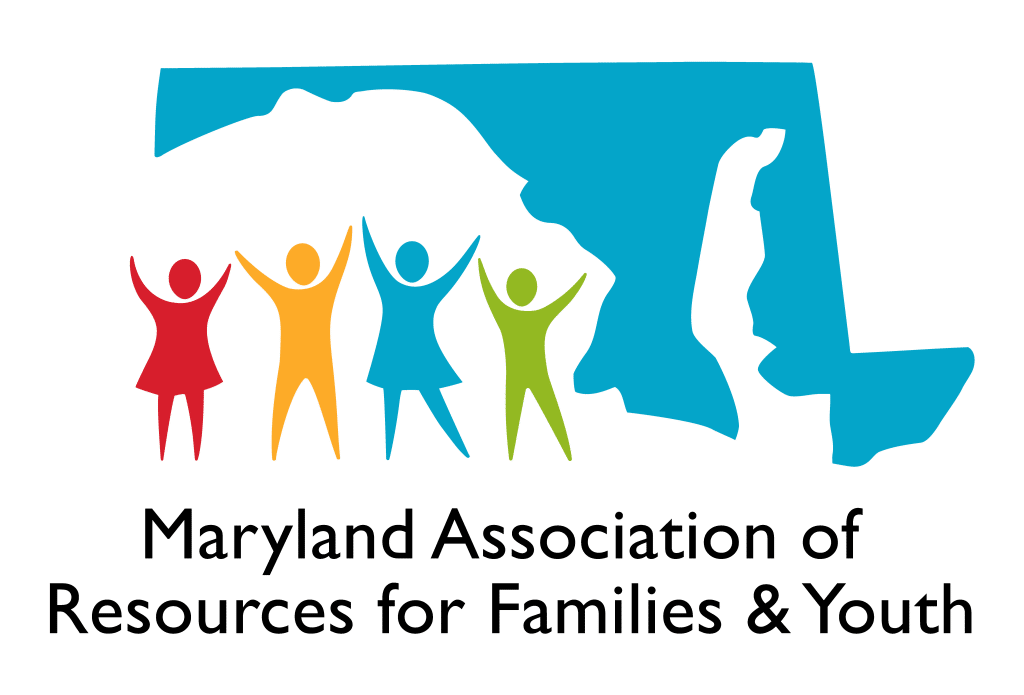 Generally speaking, board members should not be compensated for their service as board members. In fact, the voluntary nature of nonprofit boards is one of the important elements of the nonprofit sector in the United States. Less than 1 % of nonprofit organizations across the nation provide compensation to board members for their service as board members.
Generally speaking, board members should not be compensated for their service as board members. In fact, the voluntary nature of nonprofit boards is one of the important elements of the nonprofit sector in the United States. Less than 1 % of nonprofit organizations across the nation provide compensation to board members for their service as board members.
The Standards for Excellence: An Ethics and Accountability Code for the Nonprofit Sector® states, “Board members should serve without compensation for their service as board members.” Some nonprofits provide reimbursement to board members for their travel expenses or other direct costs of serving in this volunteer capacity. This is legal and entirely appropriate for many organizations. For example, a nonprofit that is national or international in scope may have board members who reside all over the country or world. For these members to gather for board meetings or other events, nonprofits may provide reimbursement for travel expenses.
It may also be important to mention that board members are sometimes compensated for activities or tasks outside their role as board members. For instance, a teacher on your board may be hired to teach a course for the nonprofit organization. Or, a lawyer on your board may be hired to develop a contract for the nonprofit organization. Since teaching classes or drafting contracts is not part of the individual’s governing role as a board member, it may be appropriate to compensate this individual for his/her work. Remember that any transactions between board members and the nonprofit must be properly reported on the organization’s annual Internal Revenue Service Tax Form, Form 990.
In addition, it is advised that nonprofits have a conflict of interest policy in place to guide and direct situations where a board member, staff member, or volunteer may enter into a transaction with the nonprofit. The conflict of interest policy should address the types of conduct that may be considered a conflict of interest, should include annual disclosure of interests, and should provide review of transactions by uninvolved board members.
Para acceder a nuestros recursos como ejemplos de estatutos, descripciones de trabajo de los miembros de la junta directiva, políticas de la junta directiva, formularios comunes para miembros de la junta directiva, orientación de la junta directiva y otros recursos. y otros recursos, ¡únase a Maryland Nonprofits hoy mismo!
De los Normas para la Excelencia®: Un código de ética y responsabilidad para el sector no lucrativo. El código de las Normas para la Excelenciadesarrollado por el Instituto de Normas para la Excelencia, incluye puntos de referencia y medidas específicas que proporcionan un enfoque estructurado para desarrollar la capacidad, la responsabilidad y la sostenibilidad de su organización sin ánimo de lucro. El código identifica 6 áreas principales de gobierno y gestión de las organizaciones sin ánimo de lucro: Misión, Estrategia y Evaluación; Liderazgo: Consejo, personal y voluntarios; Cumplimiento legal y ética; Finanzas y operaciones; Desarrollo de recursos y recaudación de fondos; y Concienciación pública, compromiso y defensa.
El Instituto Standards for Excellence®, un programa de Maryland Nonprofits, proporciona los mejores recursos posibles a las organizaciones sin ánimo de lucro de todo el país, ayudándolas a desarrollar su capacidad para satisfacer de forma eficaz y eficiente las necesidades de sus comunidades. Los miembros de Maryland Nonprofits tienen acceso a una comunidad en línea con una amplia biblioteca de recursos y plantillas personalizables. La afiliación a Maryland Nonprofits está diseñada para ayudarle a recaudar más dinero, desarrollar su junta directiva, establecer relaciones, aprender, ahorrar en las cosas que necesita para dirigir su organización y amplificar su voz en Annapolis. Únase hoy mismo.





